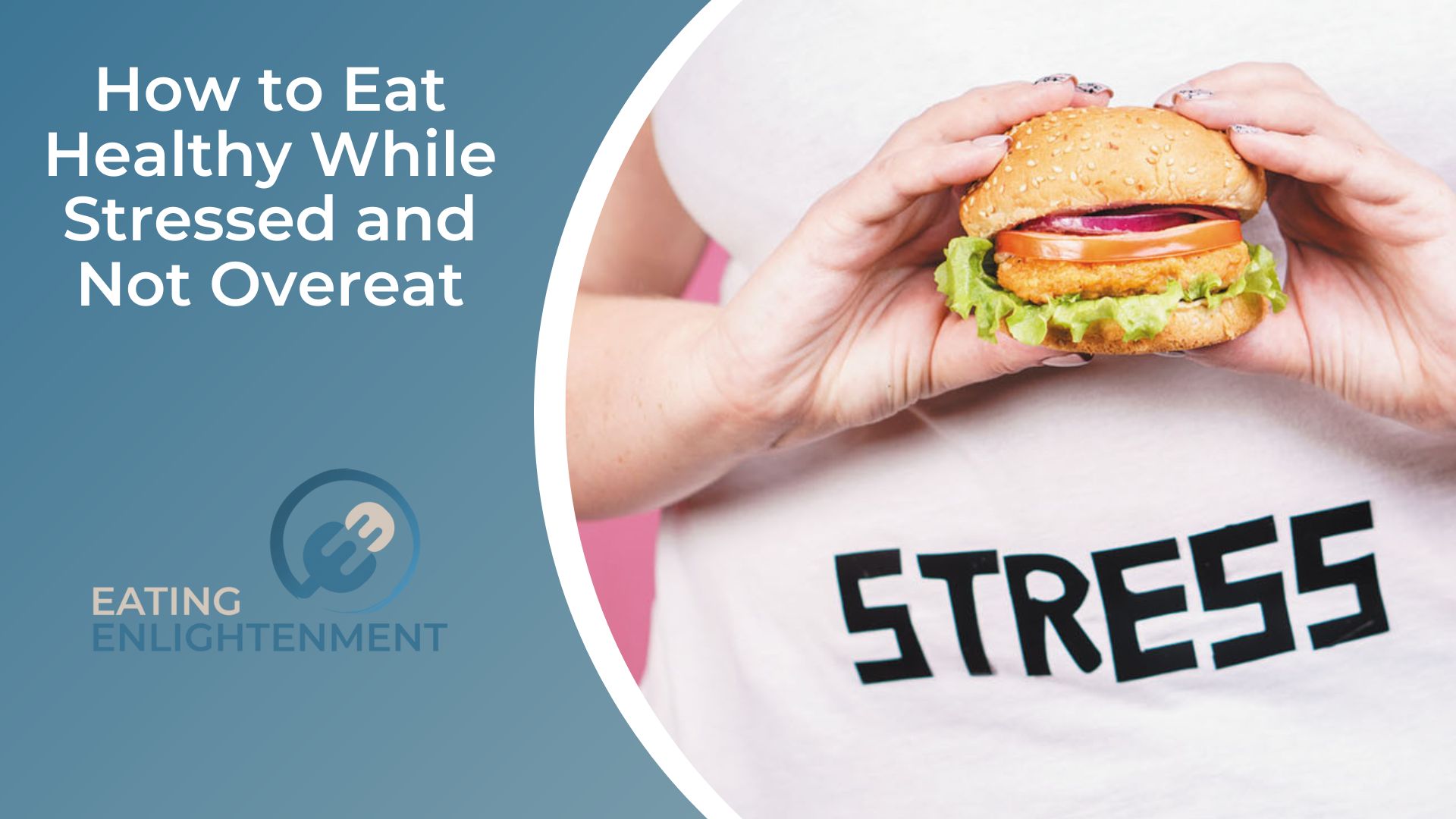When times are really tough, it can be difficult to keep your diet on track. Stressful situations often lead to emotional eating, resulting in an unhealthy and unsustainable lifestyle. To help you stay healthy during these trying moments, this article will dive into the dangers of succumbing to stress-induced cravings. Check handy tips for staying nourished with convenient delivery services and home cooking.
Healthy Delivery Services
For those seeking to eat healthily but lacking the time or energy for cooking, healthy delivery services provide an ideal solution. From nutritious meals crafted by professionals and delivered straight to your door – you can enjoy fresh, delicious food without wasting precious time in the kitchen.
When selecting a nutritious meal delivery service, you’ll need to be mindful of the labels. Go for meals that are high in protein, fiber, and healthy fats. But avoid those with excessive sodium levels or added sugars. Doing this will ensure your diet is balanced and nutritionally sound.
Tips for Cooking Healthy Meals
If you want to nourish yourself with homemade meals and avoid emotional eating, meal prepping is the way to go. Meal prepping involves planning all your meals for a certain period in advance. This will not only save time but can also reduce stress levels when it comes to mealtimes. Having an organized week-long menu at hand helps you stick with nutritious ingredients and cook delicious healthy dinners every night.
Prior to shopping, make sure you construct a grocery list. This will help avoid any temptation of impulse purchases and guarantee that the ingredients needed for nutritious meals are all accounted for.
Crafting healthy meals starts with selecting whole foods. Such ingredients have been minimally processed and contain no added sugars or preservatives. Compose your dishes with a selection of whole foods on like of fruits, vegetables, grains, and lean proteins for the best results.
Preparing healthy meals starts with choosing the correct cooking method. Opt for baking, grilling, and roasting instead of frying. This will avoid unnecessary calories and fat which can easily pile up throughout your day.
Understanding Emotional Eating
Have you ever turned to food as a way of dealing with difficult emotions like stress, boredom, or anxiety? If so, you’re not alone – emotional eating is an all-too-common coping mechanism. Unfortunately, the result can be detrimental to your health. It may cause weight gain and mood swings while increasing the chances of diabetes and heart disease.
Stress often drives individuals to emotional eating. During moments of stress, our bodies naturally produce cortisol – a hormone that not only increases hunger but also the desire for “comfort” foods full of sugar and fat. Sure, indulging in these types of foods can temporarily relieve feelings of distress. However, doing so could result in weight gain and unsuitable health conditions down the line.
To prevent yourself from succumbing to emotional eating, the first step is recognizing what causes it. By documenting your meals and feelings in a food journal, you can identify the cues that lead to this behavior and establish modifications that will help you circumvent these triggers. Keeping track of your dietary choices often serves as an eye-opener when it comes to understanding one’s emotions surrounding food consumption. It’s recommended to share your notes with a doctor or nutritionist to get professional help.
Coping with Stress
Eating nutritiously is essential for overall wellness, yet it’s just as vital to discover healthy ways to manage stress. Exercise can be one of the most efficient methods for decreasing tension and enhancing health. As you exercise, endorphins are discharged – these are natural chemicals that positively affect your mood and help reduce anxiety levels.
Meditation is an effective way to manage stress. When you meditate, it’s all about focusing on the here and now while letting go of any and all distracting thoughts. Incorporating meditation into your regular routine can significantly reduce tension as well as improve mental well-being.
Caring for yourself is key if you want to reduce your stress levels. Self-care involves setting aside time to ensure that your own needs are met and engaging in activities that bring joy and peace of mind.
For proper physical and mental health, taking care for yourself is paramount. To do so, find activities that bring you joy such as soaking in a warm bathtub, reading an interesting book, practicing yoga stretches, or taking time to commune with nature. Make self-care part of your everyday routine for maximum well-being.
Apart from these strategies, it is important to find a helping hand. Conversing with loved ones can help alleviate stress while bringing a comforting and heartening bond.
Conclusion
In these times of stress, it is all too easy to fall into junk habits such as emotional eating. To combat this problem and ensure your overall health, maintaining a healthy diet is essential. Additionally, practicing healthful ways of managing stress is vital, such as developing healthier exercise habits or taking time out for self-care. Taking control of your dietary choices and managing the stressors in your life can create a positive impact on your overall well-being, even when faced with difficulty.



